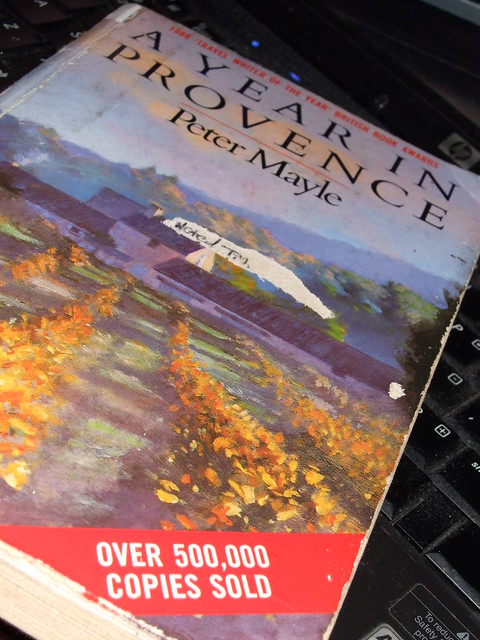
I read Stephen King's " 11/26/63". A great novel for the beginning of the summer. It was filled with fantastic characters, and of course a story line based on the true story of the assassination of JFK.
King knew how to bring much attention to the character of Lee Harvey Oswald, (according to the government investigations, he was the sniper who killed JFK) King introducing him in the middle of the novel and Oswald is portrayed as a working class man, nothing particularly interesting or great about him, although he was was a US marine and was defected to the Soviet Union in October 1959, where he lived until 1962, and returned to the US with his Russian wife.
I liked how the main character Jacob, (code name George) is able to build a short term career as a teacher , all the while going back to the past as prime investigator, in search of the truth of JFK's assassination. His modern research and clues into the case, give him an edge to preventing the assassination. It also allows him, to delve into Oswald's inter sanctum, as readers are introduced to some of the key players of Oswald's life including: Margaret Oswald, (his wife), Marguerite Frances Claverie (his mother) and friend George de Mohrenschildt, amongst many other associations.











